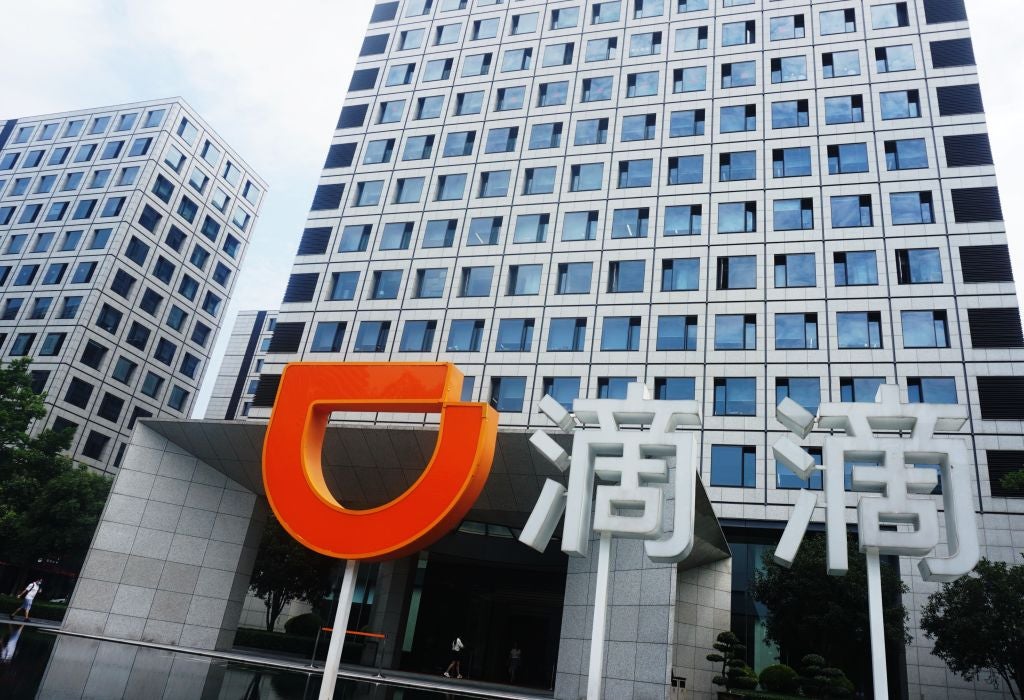
More than 450 foreign companies in Russia, most of which hail from Western nations, have withdrawn from the country (albeit to very varying degrees) since the start of the Ukraine invasion – but 41 remain completely operational in the country.
Of these ignominious 41, the majority (some 70%) are from North America and Europe, especially the US and France. The others hail almost entirely from East Asia, especially China (including Hong Kong).
Overall, however, Chinese companies have been the least active in leaving Russia, comparatively speaking. For example, of the 178 companies that have completely halted Russian engagements or straight up exited the country, almost every single one is from Europe or North America. None are from China, except two major Chinese banks: ICBC and the Asian Infrastructure Investment Bank.
The exact same can be said of the 288 companies that have suspended, scaled back or paused Russian operations. Other than the Bank of China, none are from China. That only Chinese banks have been the ones to withdraw is due to the fact that they essentially had no choice. Ongoing Western sanctions on Russia have effectively cut the country out of the international banking system, so global Chinese financial institutions have had to follow suit.
However, the sanctions have not stopped huge Chinese tech brands such as Alibaba, Didi, Huawei, Lenovo, Tencent and Xiaomi from retaining their presence in Russian, which is why they feature so heavily among the 41 companies that have done nothing (unlike Western tech equivalents, such as HP, which have withdrawn).
It is safe to say that, among the infamous 41, the companies with the largest consumer profiles are very much Chinese, followed by French (with big names such as Decathlon and Société Générale remaining utterly passive).

US Tariffs are shifting - will you react or anticipate?
Don’t let policy changes catch you off guard. Stay proactive with real-time data and expert analysis.
By GlobalDataChinese companies face a different set of pressures
Even if Chinese companies wanted to pull out of Russia for ethical reasons, they would face serious sociopolitical obstacles.
For example, the ride-hailing app Didi received significant public backlash in China after announcing that it would withdraw from the Russian market on 4 March. Chinese people took to the internet to accuse the country of giving in to US pressure, a development that showcases the widespread support for Russia among the Chinese population. In fact, so squeezed was Didi, that the company actually made a U-turn and said it would continue operating in Russia.
In short, public support for Russia has left Chinese companies with little room to manoeuvre, as has Beijing’s ambiguous but ultimately amiable stance towards Vladimir Putin. The result is that, for companies such as Didi and Huawei, the safest course of action is inaction, while simultaneously avoiding any statements that are friendly to Russia, lest they get boycotted by Western companies or institutions.
However, before one pities these Chinese companies as prisoners to forces beyond their control, it is important to note (much as their board members do) how much they stand to gain from the West’s great corporate exodus. The groundwork is being laid for Chinese business to fill the void – and what a void it will be.
Understand the impact of the Ukraine conflict from a cross-sector perspective with the Global Data Executive Briefing: Ukraine Conflict.



